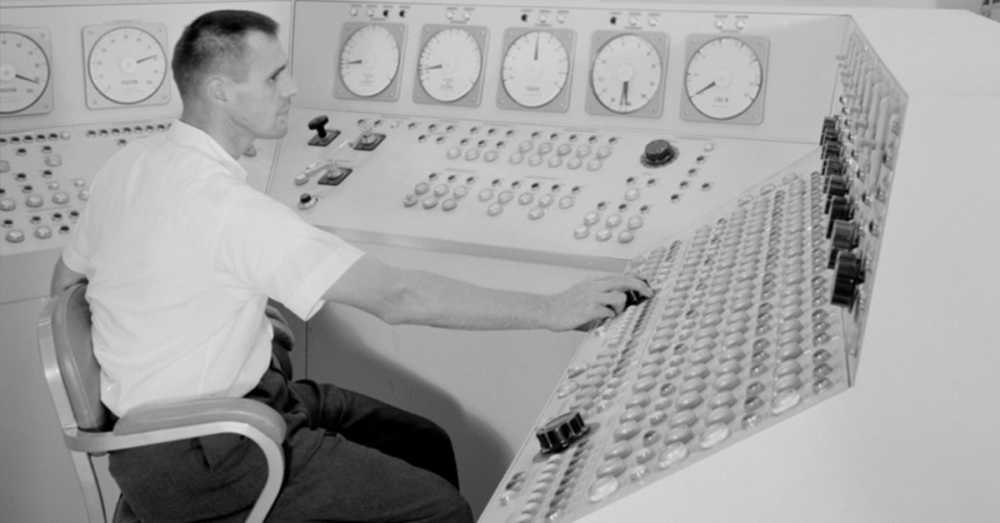We run our website the way we wished the whole internet worked: we provide high quality original content with no ads. We are funded solely by your direct support. Please consider supporting this project.
Podcast: What Does God Actually DO in the World?
Greg discusses what a God, who takes his hands off of us, who gives up control for us, who accommodates for us, actually does in the world.

Send Questions To:
Dan: @thatdankent
Email: askgregboyd@gmail.com
Twitter: @reKnewOrg
Greg’s new book: Inspired Imperfection
Dan’s new book: Confident Humility
Subscribe:
Category: ReKnew Podcast
Tags: Open Future, Open Theism
Related Reading

Scientific Support for the Open View
If a position is true, every avenue of reflection ought to point in its direction. What follows are two more “pointers” to the view that the future is at least partly open (indefinite, composed of possibilities). I’ll first consider an argument from quantum physics, followed by a pragmatic argument regarding what we ordinarily assume to…

How do you respond to Daniel 2:31–45?
Daniel interprets Nebuchadnezzar’s dream to the effect that he possesses a kingdom of “gold” (vs. 38). After this there shall arise “another kingdom inferior to yours, and yet a third kingdom of bronze which shall rule over the whole earth. And there shall be a fourth kingdom, strong as iron…it shall crush and shatter all…

How do you respond to 2 Timothy 1:9–10?
“…this grace was given to us in Christ Jesus before the ages began, but it has now been revealed through the appearing of our Savior Christ Jesus…” Those who hold that the future is eternally settled and that God knows it as such sometimes argue that God had to foreknow who would believe in order…

What is the significance of Exodus 16:4?
The Lord commands the Israelites to gather only enough bread for one day while in the wilderness. “In that way,” the Lord says, “I will test them, whether they will follow my instruction or not.” Testing people to find out how they will resolve their character only makes sense if God is not certain of…

What is the significance of 2 Peter 3:9–12?
Peter says that the Lord has delayed his coming because “he is patient with you, not wanting any to perish” (vs. 9). We are encouraged to be “looking for and hastening the coming of the day of God” [NIV: “speed its coming”] (vs. 12). If the future is an eternally fixed reality, of course God…

Resisting Evil
The New Testament refers to Satan as the “god of this age” and the “ruler of the power of the air” (2 Cor 4:4; Eph.2:2). In the first century Jewish worldview, “air” referred to the domain of spiritual authority over the earth. The author, Paul, was thus saying that the spiritual environment of the earth…



